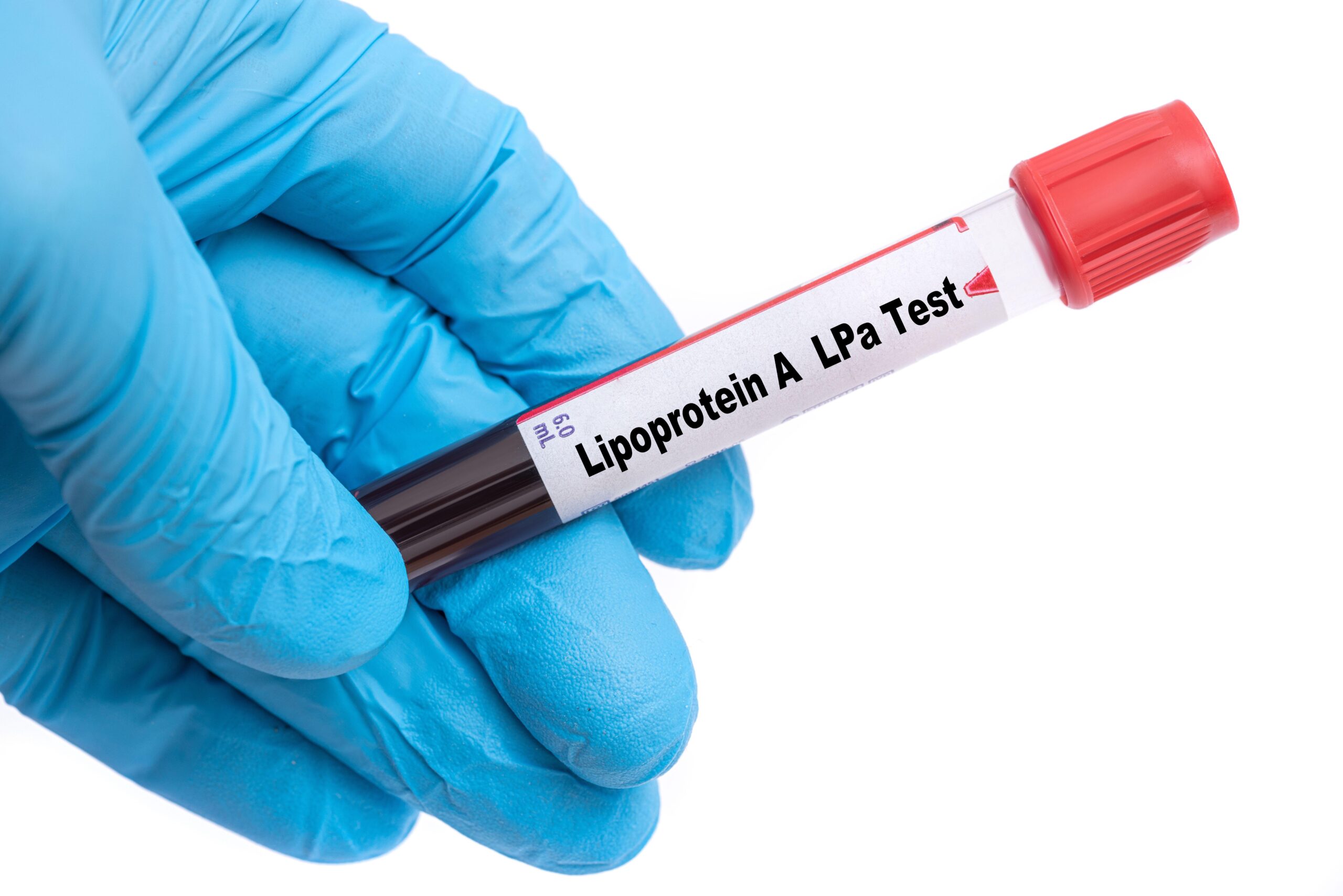Eli Lilly & Co. (NYSE: LLY), a leading US pharmaceutical company, has announced positive results from a Phase II study for its investigational drug, muvalaplin, a selective lipoprotein(a) [Lp(a)] inhibitor. The study successfully met its primary endpoint, showing a significant reduction in elevated Lp(a) levels in adults, a genetic risk factor for heart disease.
Study Findings and Efficacy
At the 12-week primary endpoint, muvalaplin demonstrated significant reductions in Lp(a) levels across all tested dosages (10 mg, 60 mg, and 240 mg) compared to placebo. The placebo-adjusted reductions were up to 85.8% using an intact Lp(a) assay and 70.0% using an apo(a) assay, indicating a potent effect of muvalaplin on Lp(a) levels.
Muvalaplin’s Mechanism of Action
Muvalaplin works by inhibiting the formation of Lp(a), a genetic risk factor for heart disease, through blocking the interaction between apolipoprotein(a) [apo(a)] and apolipoprotein B100 [apoB100], while avoiding interaction with the homologous protein plasminogen. This targeted approach has the potential to offer a new therapeutic option for managing cardiovascular risk.
Phase I Study Results
In the Phase I study, muvalaplin showed a reduction in Lp(a) levels by 65%, providing a foundation for the positive outcomes observed in the Phase II study. These results suggest that muvalaplin could play a significant role in the treatment and prevention of cardiovascular diseases associated with elevated Lp(a) levels.-Fineline Info & Tech
